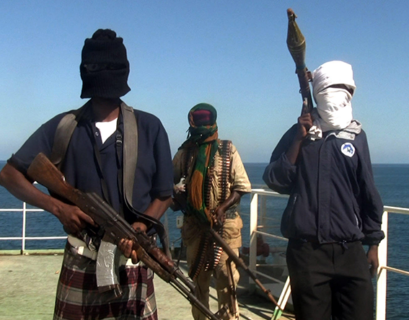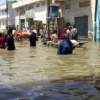Somalia, a nation long plagued by instability and conflict, yet again finds itself in the spotlight due to a tragic incident that highlights the ongoing challenges faced by its government and people. The recent death of Major Patrick Opio Awany, a Ugandan military officer serving under the African Union Transition Mission in Somalia (Atmis), serves as a stark reminder of the relentless violence perpetrated by extremist groups like al Shabaab within the country.

The Incident
On a routine convoy from Mogadishu to Ceeljale in the Lower Shabelle region, Major Awany and his troops encountered a deadly roadside bomb in the village of Ceel-Werigow, approximately 70km southwest of the Somali capital. The explosion, triggered by fighters from the Islamist group al Shabaab, resulted in the tragic loss of Major Awany’s life and left six other soldiers injured. This incident underlines the constant threat posed by militant groups operating within Somalia, despite efforts by international peacekeeping forces like those from Uganda.
Somalia’s Governance Challenges
The Somalia government’s inability to effectively secure its territory and protect its citizens has been a persistent issue for decades. Since the collapse of the Siad Barre regime in 1991, Somalia has struggled with political instability, clan-based conflicts, and the presence of various armed groups vying for power. The weak central government has been unable to assert authority beyond major urban centers, leaving vast swathes of the country under the control of warlords and extremist factions like al Shabaab.
Al Shabaab’s Campaign of Violence
Al Shabaab, an Islamist insurgency group affiliated with al-Qaeda, has been a formidable force in Somalia for over a decade. Their goal of overthrowing the government and establishing a strict Islamic state governed by sharia law has fueled relentless attacks against government officials, security forces, and civilians. The group’s tactics, including suicide bombings, assassinations, and ambushes, have created an atmosphere of fear and instability, hindering any meaningful progress towards peace and development.
International Peacekeeping Efforts
In response to the deteriorating security situation in Somalia, the African Union deployed the African Union Mission in Somalia (AMISOM) in 2007. Comprising troops from various African nations, including Uganda, AMISOM’s primary mandate has been to stabilize Somalia, support the federal government, and weaken al Shabaab’s capabilities. However, the mission has faced significant challenges, including insufficient resources, coordination issues, and the relentless resilience of al Shabaab fighters.
The Impact on Peace and Stability
The death of Major Awany and the ongoing attacks by al Shabaab highlight the broader implications of Somalia’s governance failures. The inability of the central government to establish effective governance, provide basic services, and ensure security has perpetuated a cycle of violence and instability. This not only undermines efforts for sustainable peace but also exacerbates humanitarian crises, displacing millions of Somalis and limiting access to essential resources such as healthcare and education.
In Short
As Somalia mourns the loss of Major Patrick Opio Awany and continues to grapple with the relentless violence orchestrated by al Shabaab, it is crucial to reflect on the urgent need for effective governance and international support. The Somali government, with the backing of regional and international partners, must prioritize security sector reform, enhance counterterrorism efforts, and promote inclusive political dialogue to address the root causes of conflict. Only through sustained efforts and collective action can Somalia hope to break free from the grip of extremism and pave the way towards a peaceful and prosperous future for its people.














zkTlbQUXGmcfDep